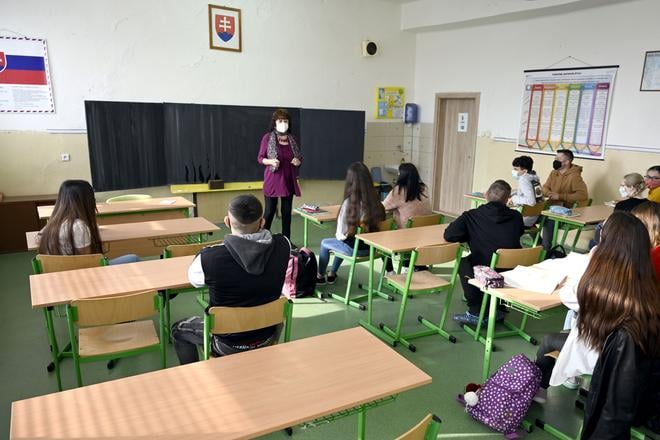The Covid-19 pandemic caused worldwide socio-economic turbulence, but it also offered the governments of the world a chance to reform their economies.
This statement by the OECD was followed by an elaboration that these reforms should be aimed at reaching inclusive and sustainable growth along with the resolution of structural issues.
In their message sealed on April 14, the OECD analysed the weaknesses and problems of the economies of its member states. These included issues that existed before the pandemic but also those that were brought on by the coronavirus. The analysis also offered advice on how to use the current situation to start from a blank slate.In their message sealed on April 14, the OECD analysed the weaknesses and problems of the economies of its member states. These included issues that existed before the pandemic but also those that were brought on by the coronavirus. The analysis also offered advice on how to use the current situation to start from a blank slate.
Little progress on structural reforms
Slovakia made strong steps during 2019 in the field of public administration, especially when it comes to having an independent judiciary, according to the OECD. However, Slovakia has seen little progress when it comes to structural reforms, and since the beginning of the pandemic, it has been the government's top priority to solve the current economic crisis.

Sectors that were the hardest hit by the pandemic, such as tourism, retail, and construction, traditionally offer seasonal employment to regular employees and socially vulnerable employees, such as low-skill workers, women, young people and the Roma.
The pandemic has shown how important it is to raise the level of qualification across the population, which would support the employment of people who belong in this socially vulnerable category. At the same time, it would also boost the productivity and resistance of the economy to future shocks while preparing it for digitalisation.
That is why the OECD recommends supporting education, innovations and the removal of job market barriers for women and marginalised groups along with increasing the effectiveness of the public sector.
Loosening regulations on start-ups
The OECD recommends giving employers financial incentives for educating low-skilled workers and encouraging new educational companies who offer online courses. It also advocates giving financial support to schools for socially disadvantaged groups and to increase the flexibility of tertiary education so that it may better respond to the job market.

In the area of digitalisation, it recommends loosening regulations for start-ups, removing barriers for foreign service-oriented companies, streamlining insolvency procedures, increasing investment in digital infrastructure and introducing greater cooperation with innovative companies when ranking universities and public research bodies.
OECD further recommends the introduction of procedures to lower the barrier for women and the Roma when entering the job market, measures for increasing the effectiveness of the public sector by further encouraging judicial reform and strengthening the initiative ‘Hodnoty za peniaze’ (Value for Money).


 Illustrative stock photo (source: TASR)
Illustrative stock photo (source: TASR)